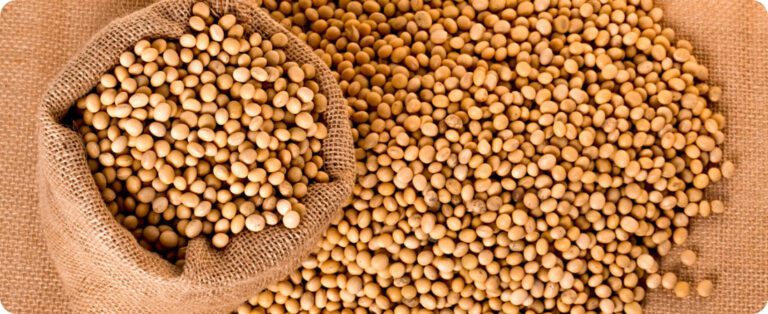
Image: Pixabay
The already adjusted global supply of vegetable oils became even tighter this Friday (22) with Indonesia – the largest global exporter of palm oil – having suspended its exports from April 28. The decision, informed by President Joko Widodo on the 22nd, has as its main objective to try to contain, at least in part, the rise in the derivative in the local market, as well as to guarantee supply for its population.
“I will monitor and evaluate the implementation of this policy so that the availability of cooking oil in the domestic market becomes abundant and affordable,” said Widodo.
According to the Bloomberg news agency, Indonesia has adopted a certain 'protectionism' in its market, especially since the start of the war between Russia and Ukraine. The conflict has aggressively raised the prices of agricultural inputs and products around the world, which means that more nations are also seeking to ensure their food security.
A few months ago, Argentina raised its export rates for soybean meal and oil, with the same objective.
However, the FAO – the UN arm for food and agriculture – issued a warning in recent days about actions like these being avoided, as they only promote the opposite effect, and further fuel price rises.
{module Form RD}
In January, the Indonesian government had already informed about another suspension, however, the measure was revoked in March, as the prices of the by-product on international markets reached their historic highs at the time. And this Friday, the situation was not much different. The general director of Foreign Trade at the Ministry of Commerce, Veri Anggrijono, stated that the department's authorities will continue to monitor the president and his decisions.
As soon as the news was released, soybean oil futures soared by more than 3% on the Chicago Stock Exchange, with the first maturity reaching 84 cents per pound. At around 1:10 p.m., the gain was 1.97% for 81.21 cents/lb.
“The news will certainly create chaos. We have the largest producer banning exports of palm products, which will add more uncertainty to the already restricted availability of vegetable oil around the world,” an Indonesian analyst told the international news agency.
In addition to concerns about palm oil, the vegetable oil market also reflects the reduced supply of sunflower oil from Eastern Europe. The region is the largest global exporter of the derivative and its logistics are still very compromised.
“Both Ukraine and Russia are expected to leave a very large deficit of sunflower oil, while India, the world's largest importer of vegetable oils, is eager to buy everything it can, wanting everything that appears in the world.” , explains Vlamir Brandalizze, market consultant at Brandalizze Consulting.
By: Carla Mendes l NEWSAGRICOLAS















